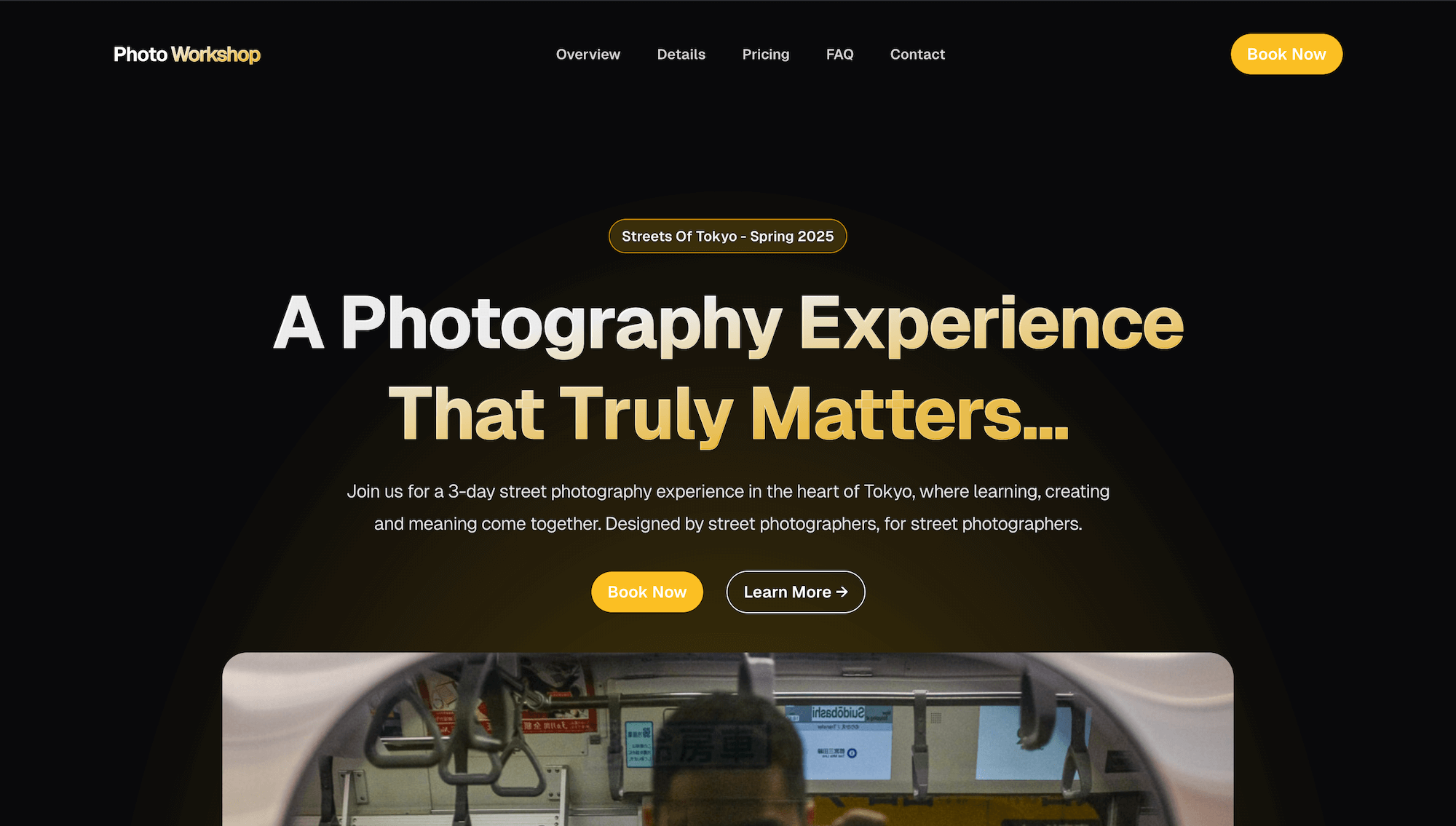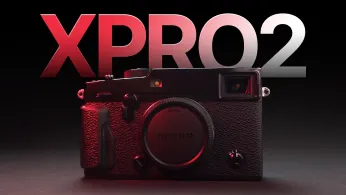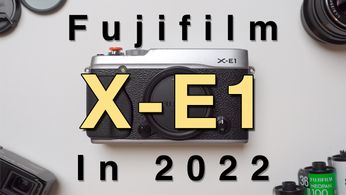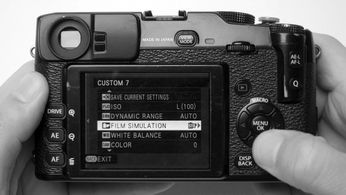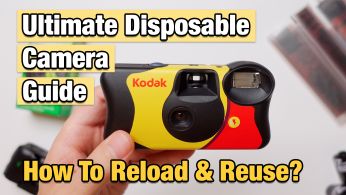
My Street Photography Philosophy - Shooting With Fujifilm Cameras
Table of Contents
This is a summary of my YouTube Video, you can watch the whole piece linked at the bottom of the blog post.
Photography as an art form is not an exact science. Most of my street photography philosophy comes from working in the film industry and from being a Cinephile: a devotee of motion pictures & cinema.

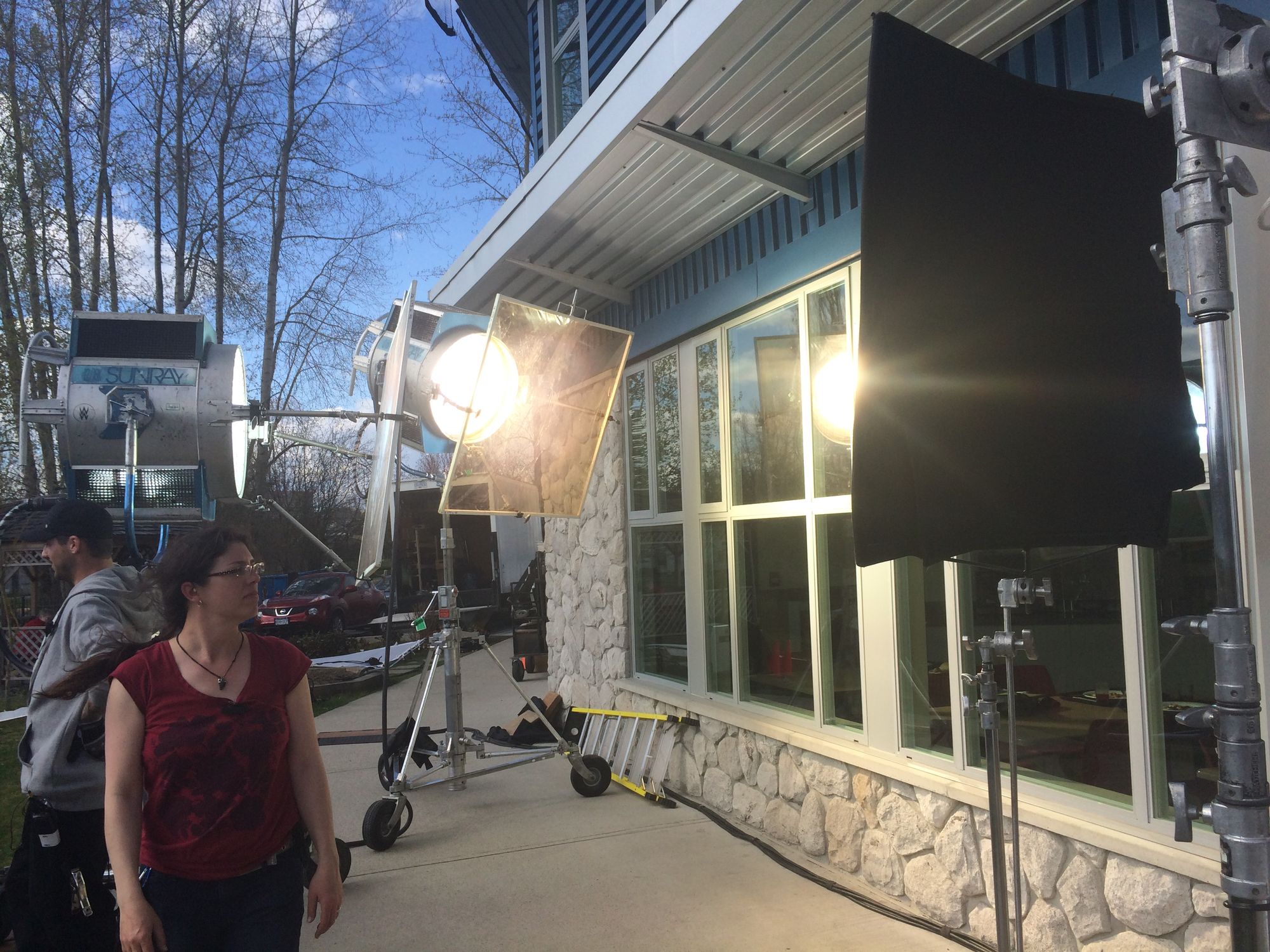

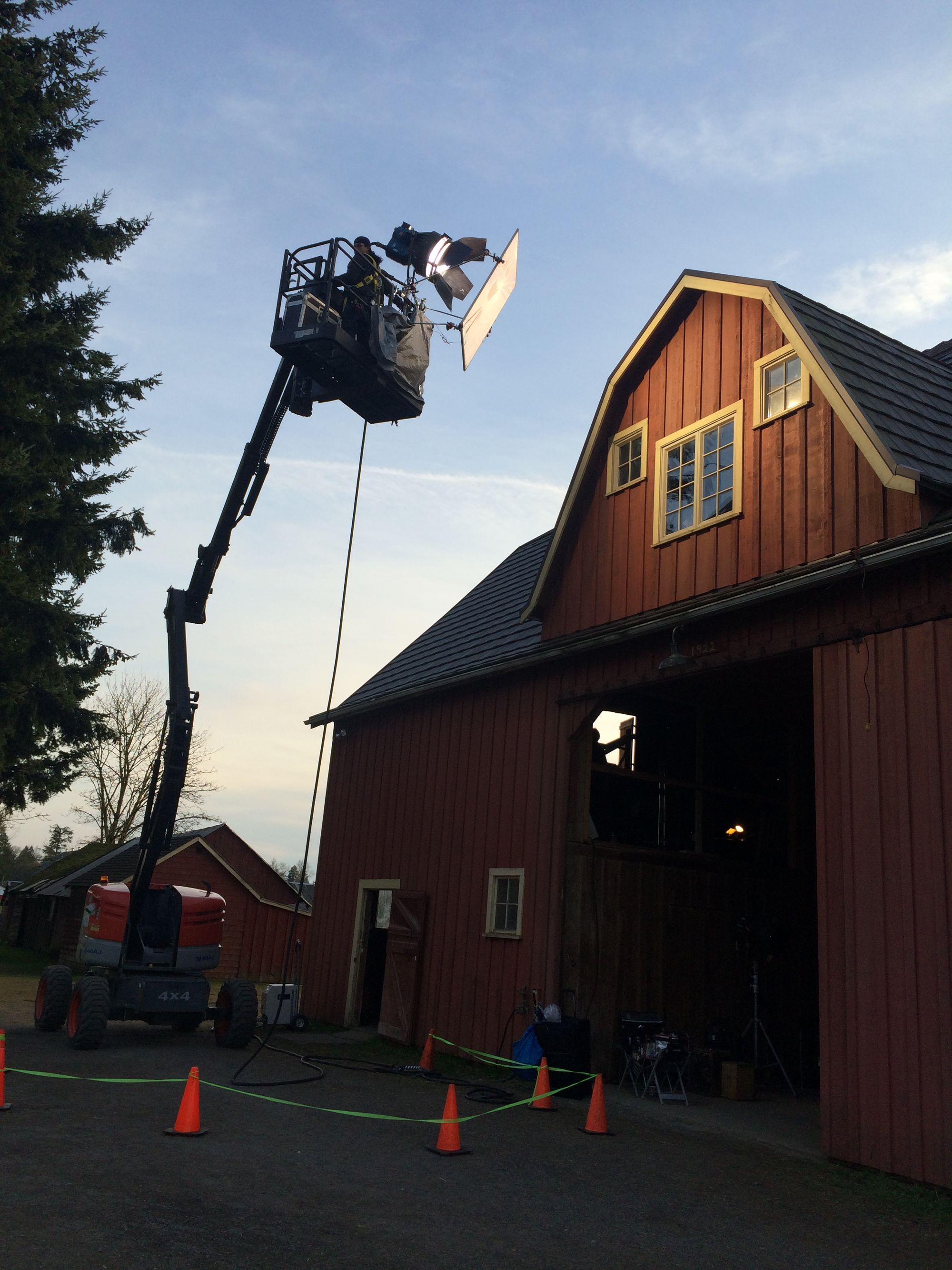
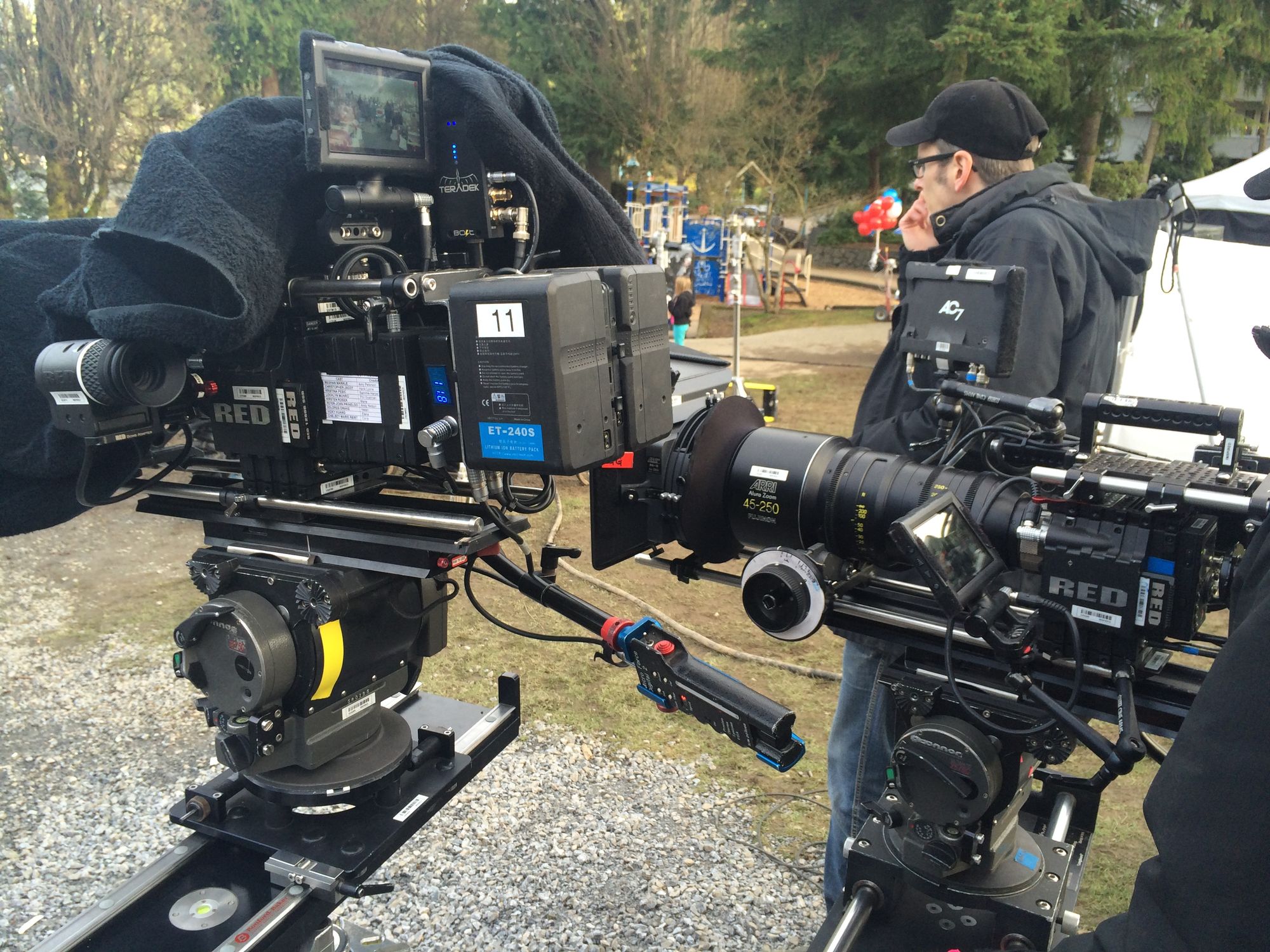
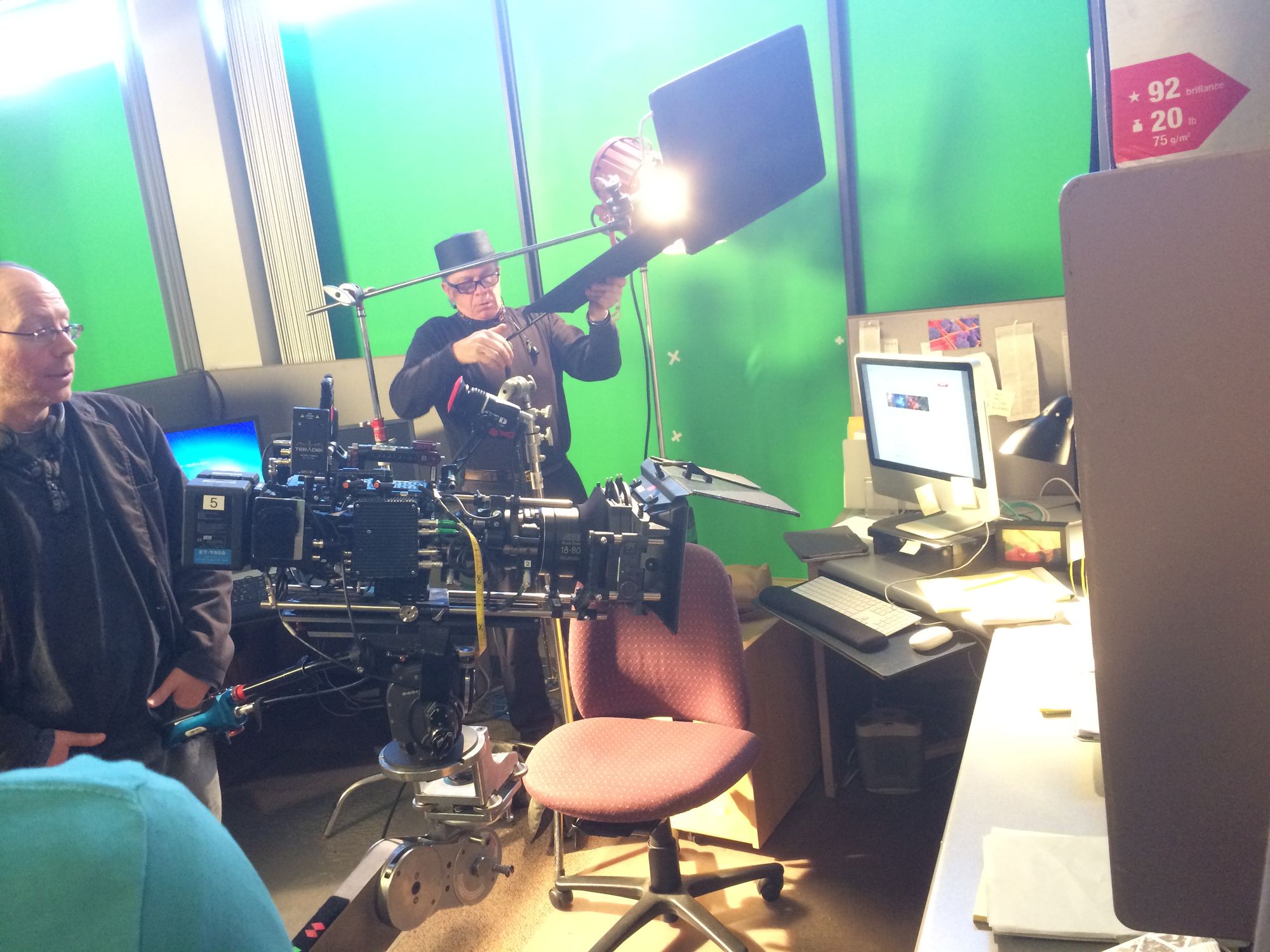
So when I decided to dedicate my time and energy to learning photography, I already had a vision of what type of images I wanted to capture, and what type of photographer I wanted to be. I just didn't know how to get there quite yet.
Some of you have asked and are wondering about my street photography philosophy, my shooting style and my shooting process, so I’d like to take a moment to share those with you today.
My Shooting Style
I worked in the film industry for several years, working on set on larger budget films and also making my own short films whenever I had the chance. So cinema informs my decisions regarding art, creativity and photography.
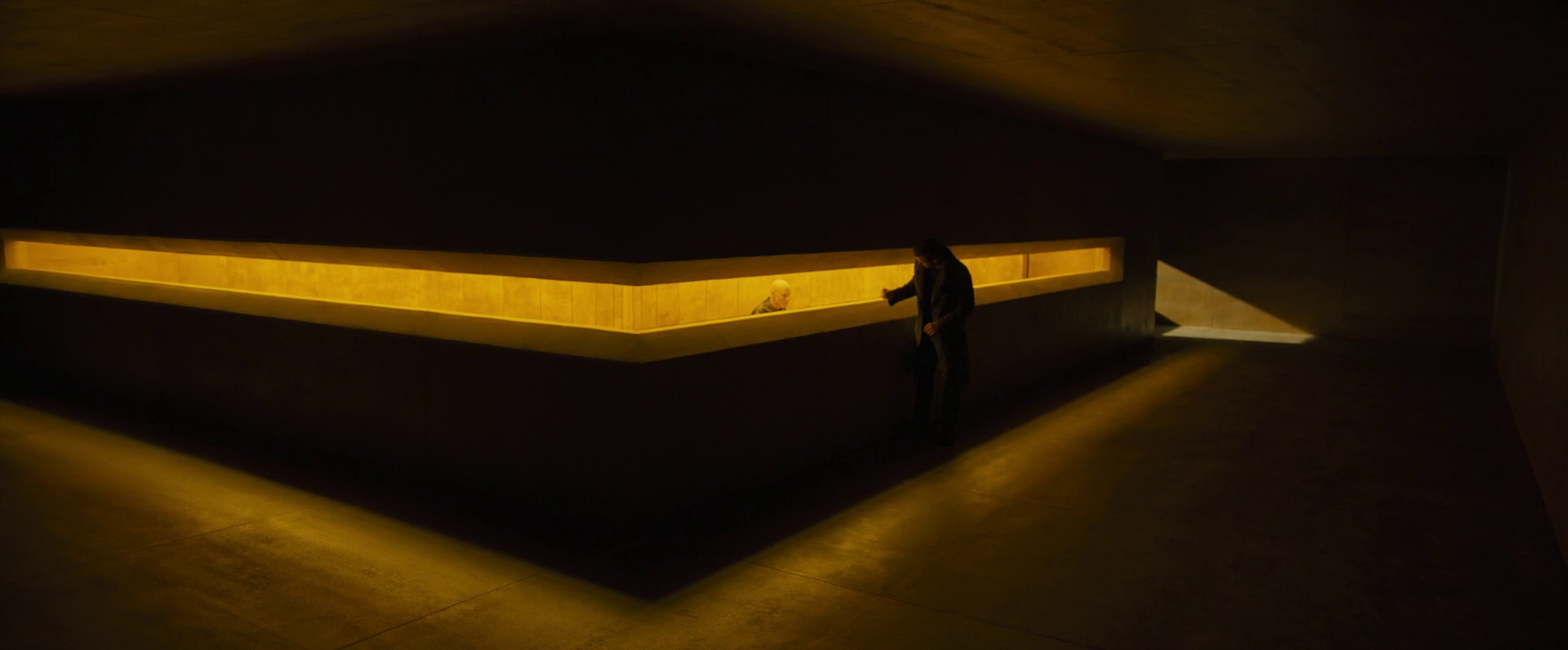
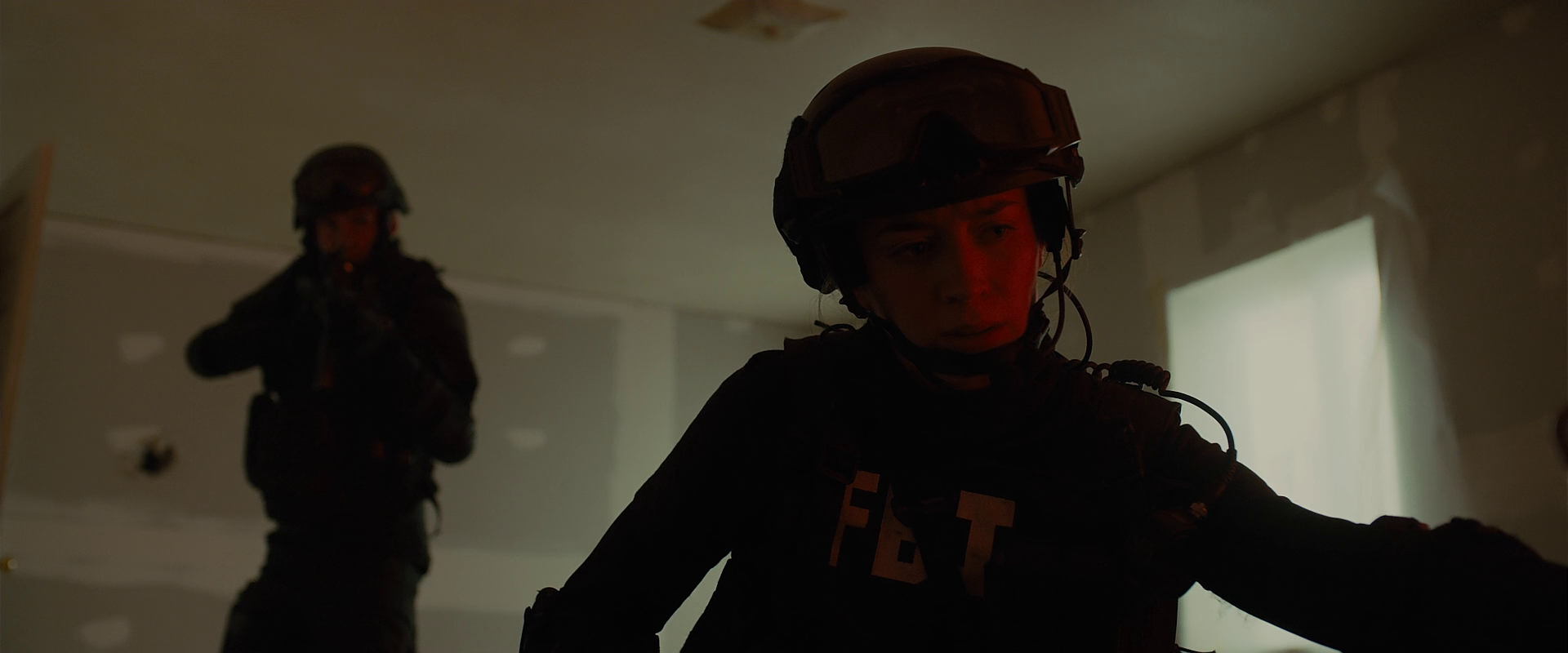
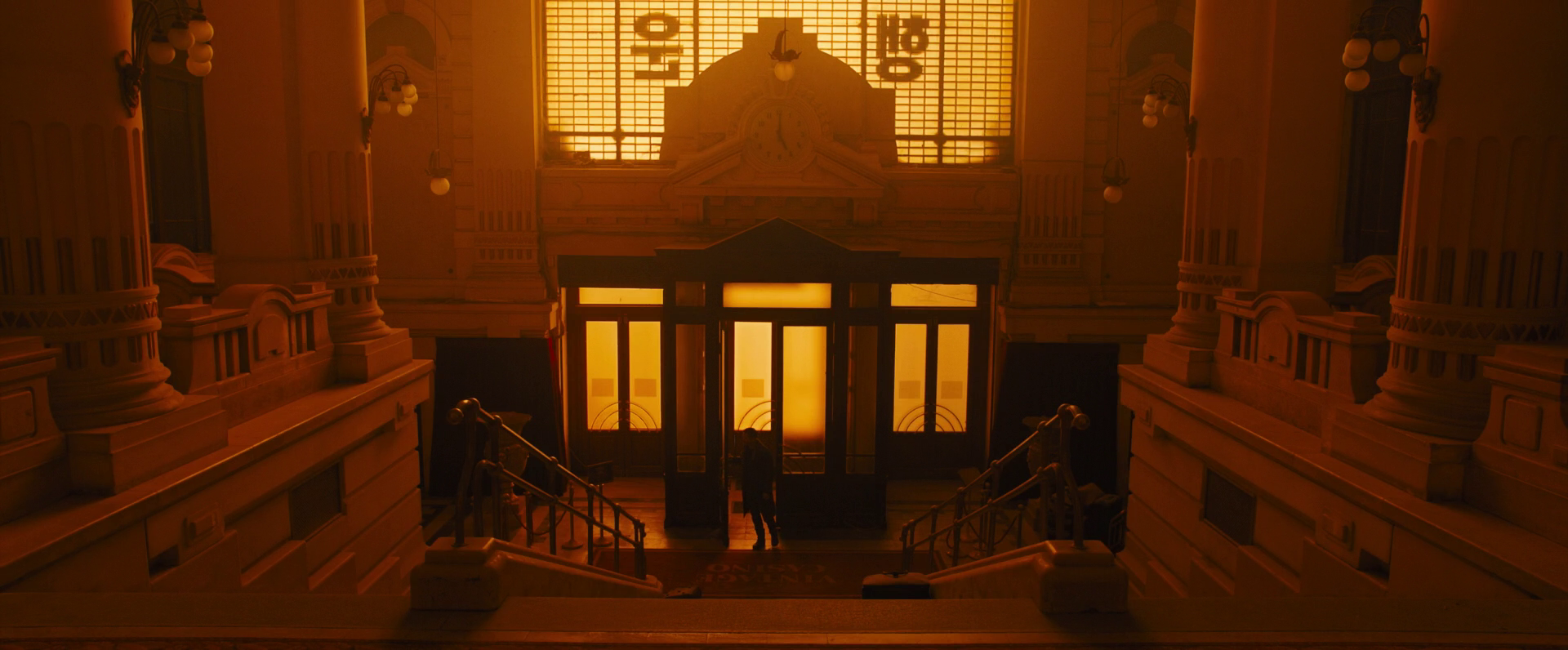
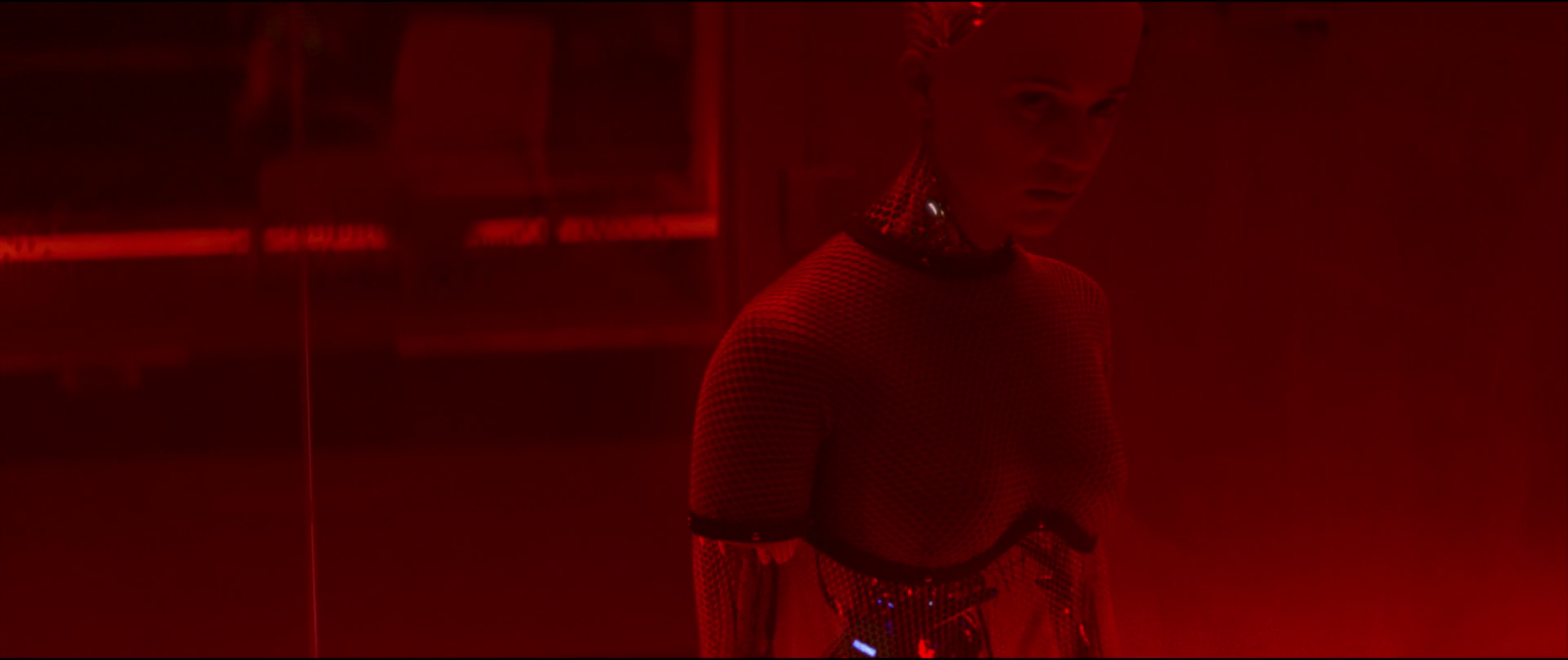
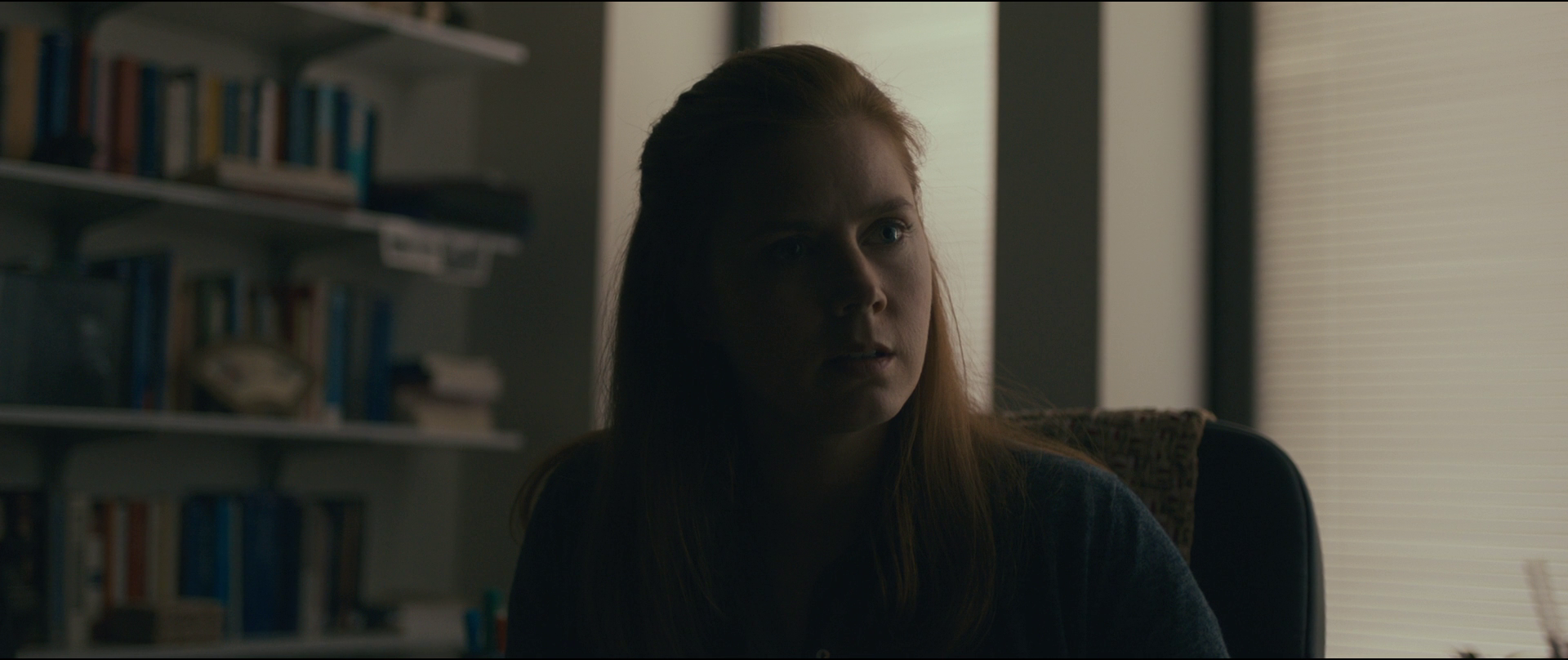
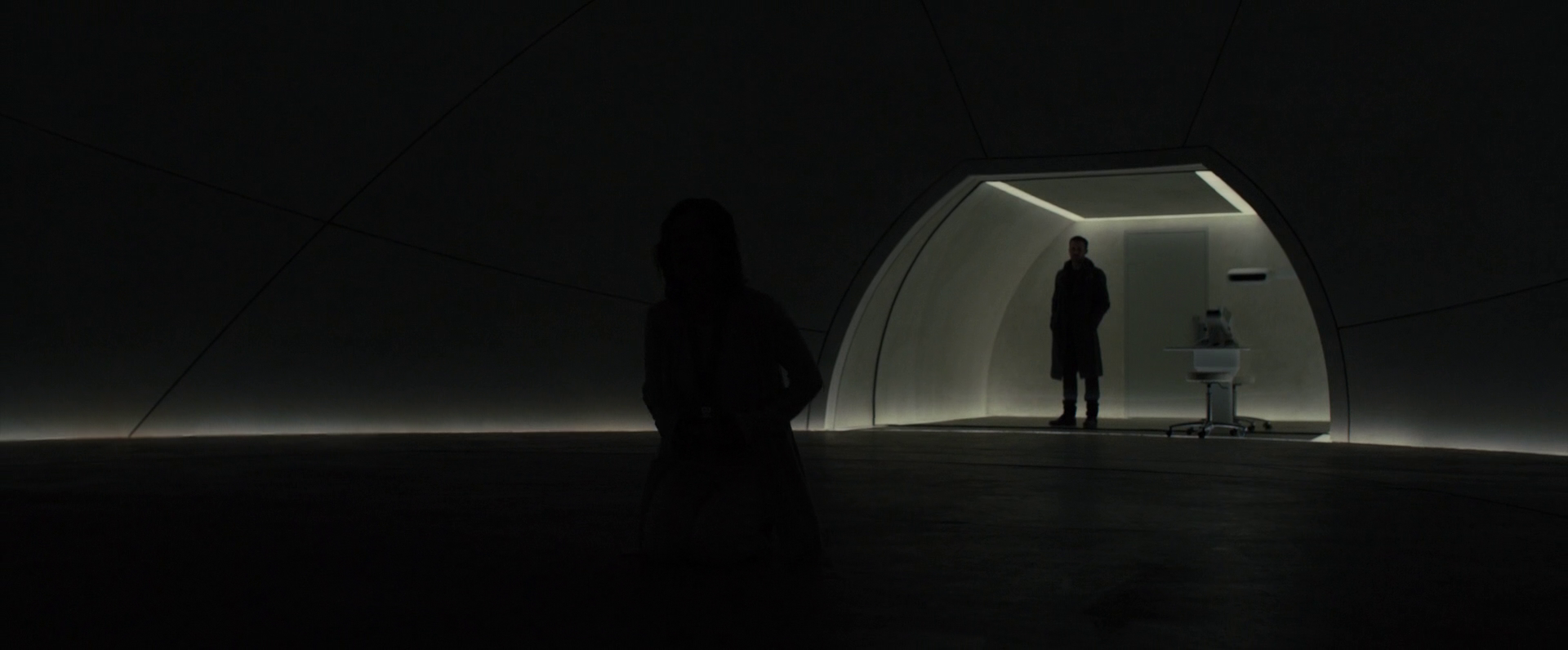
Film sets have controlled environments where you can perfectly craft the image that you want, and shape the light and the performances for the benefit of the final picture. Control is the name of the game here.
However, street photography is completely different, you have no control over the lighting, the subjects or the weather, but I still wanted to try to make my photos look like a frame from a movie. That's just a personal goal that I have, that's what makes me happy. Check my photo gallery below to see what I mean:
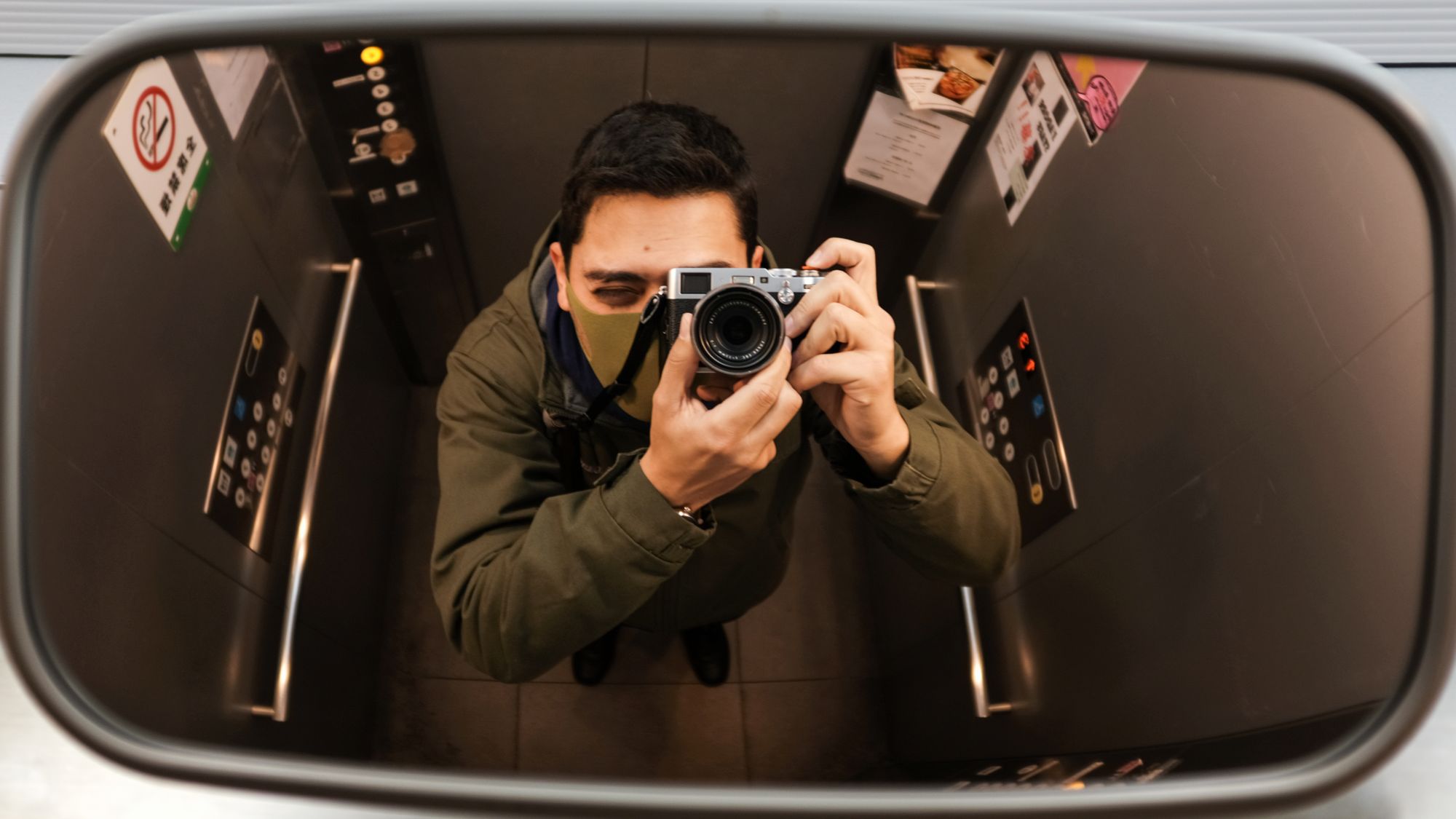
Some people might suggest focusing on either the subjects first or the environment first as you learn and progress your craft. And that is valid, but in my case, I'm always trying to block a scene, craft a little story with every photograph, focusing on both the character and the environment at the same time.
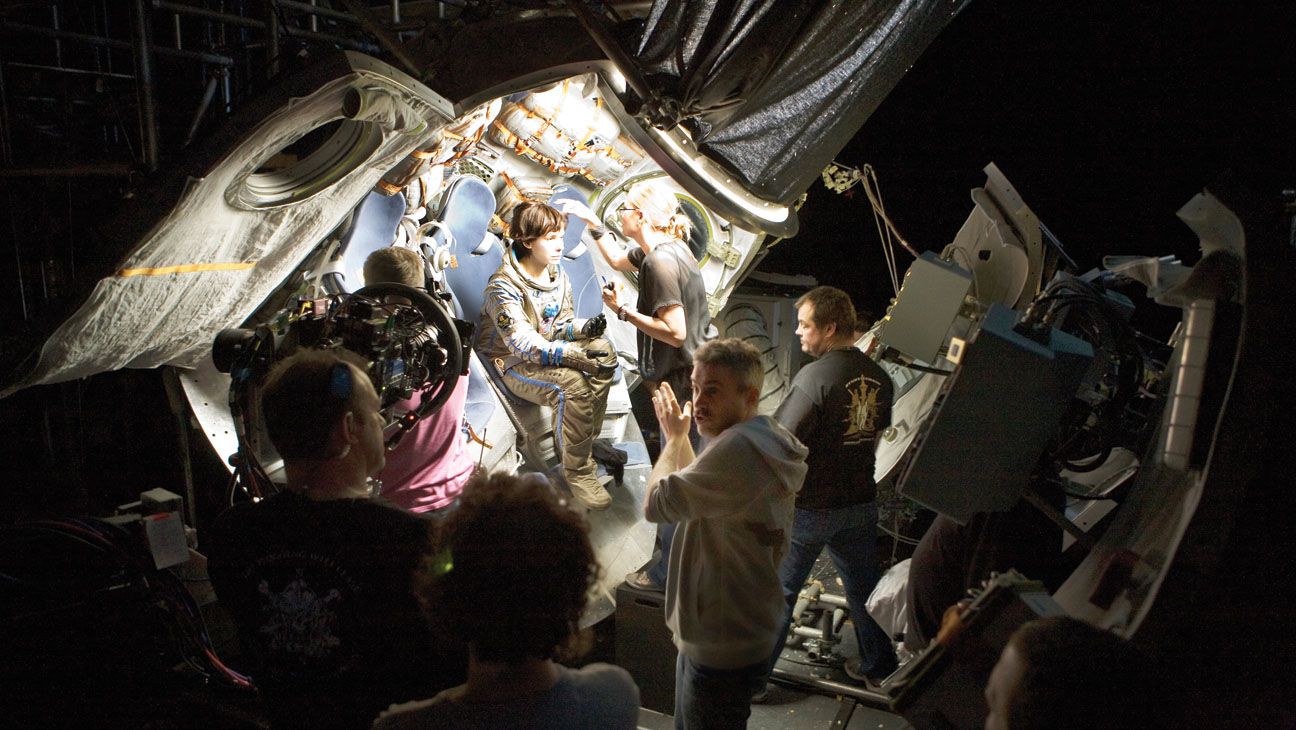
Like film director Alfonso Cuaron says:
"Another reason for the long takes in this film (Gravity) is something that Chivo (The DP) and I have been exploring in out last films, and that is the relationship character and environment. When you do closeups you favour character, when you go wide you favour the environment"
For me, this means constantly moving, exploring, truly observing your environment and moments. Dedicating a lot of time to walk around and explore, find new places, meet new people, learn something new.
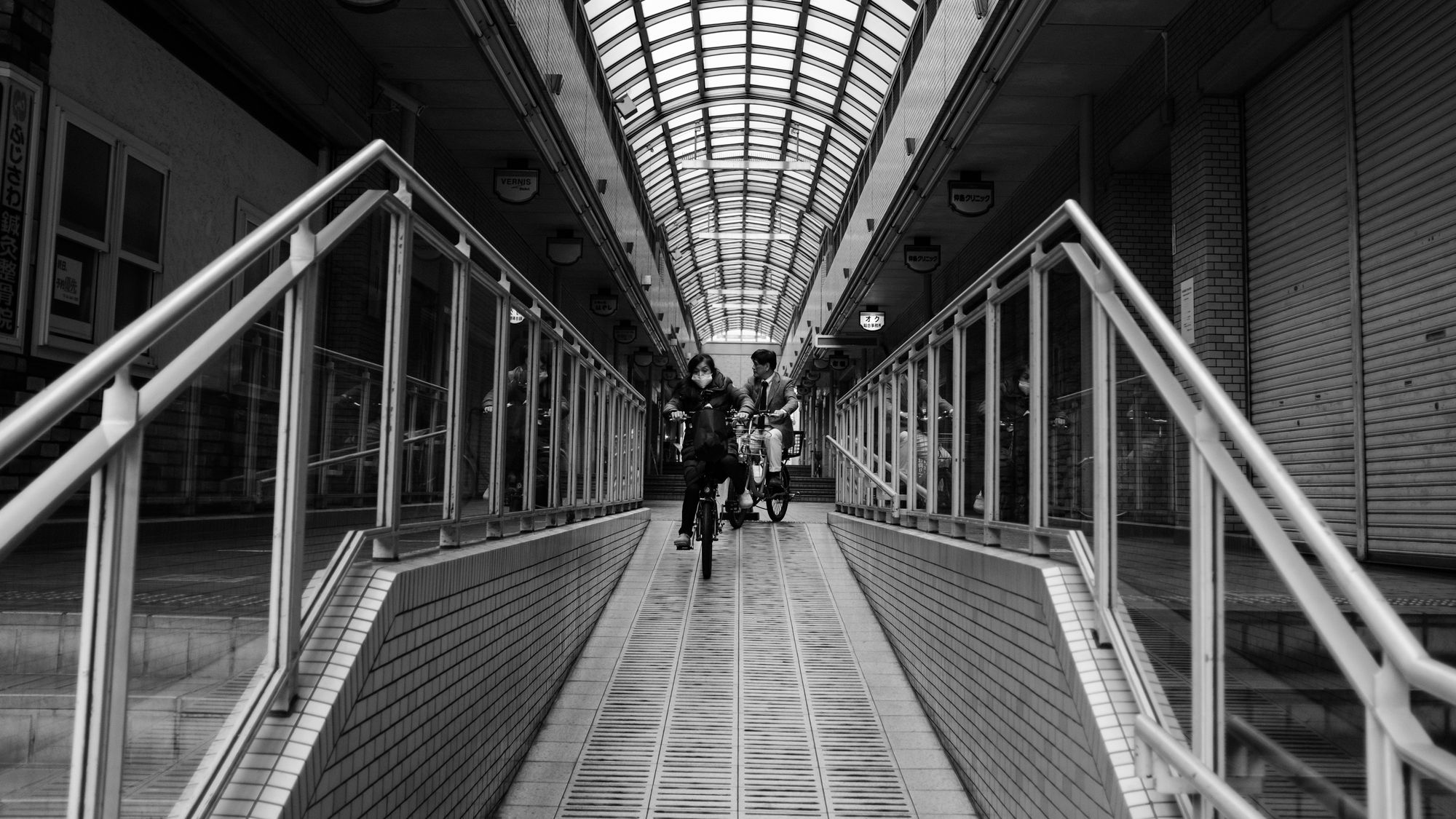
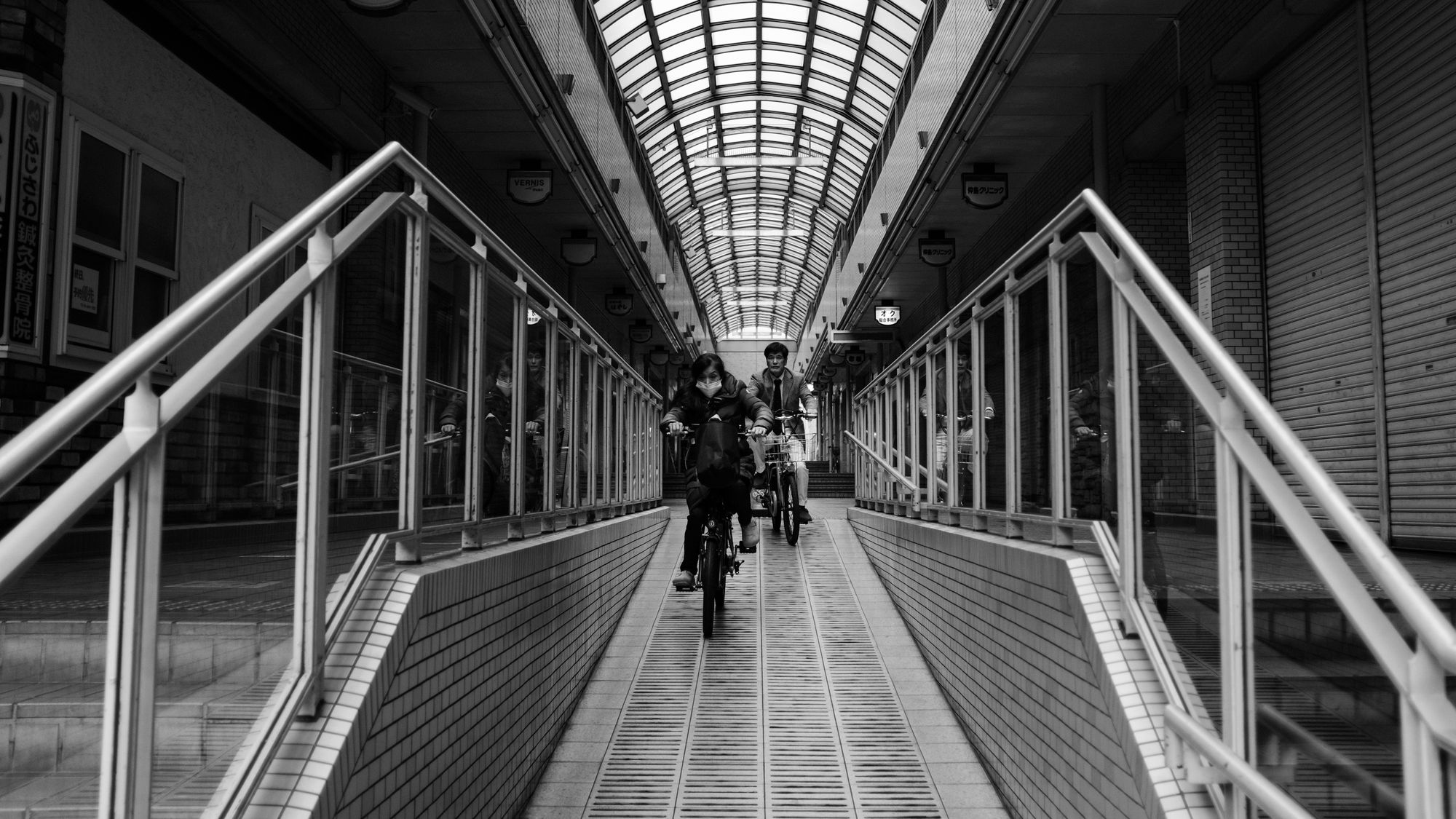
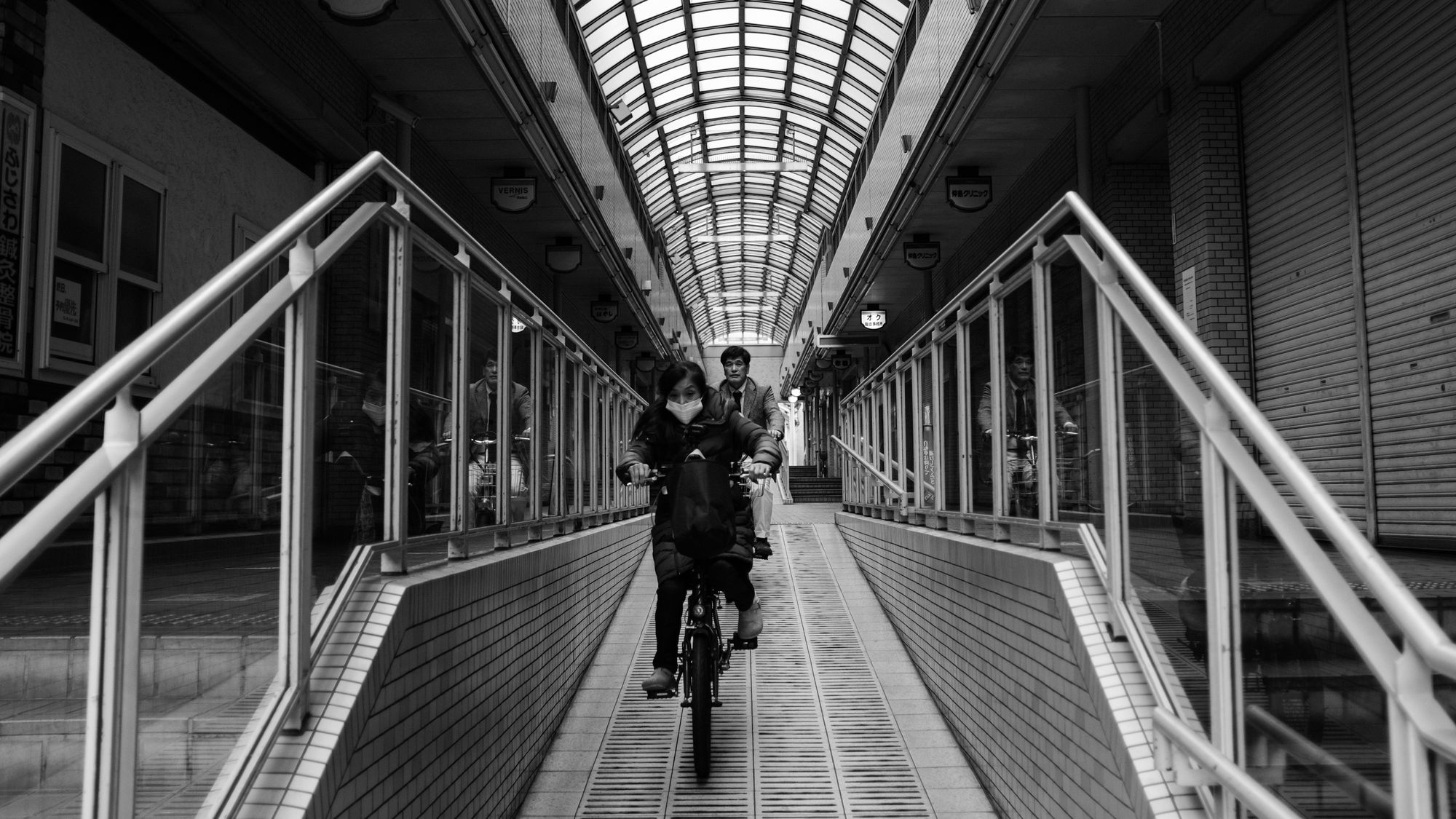
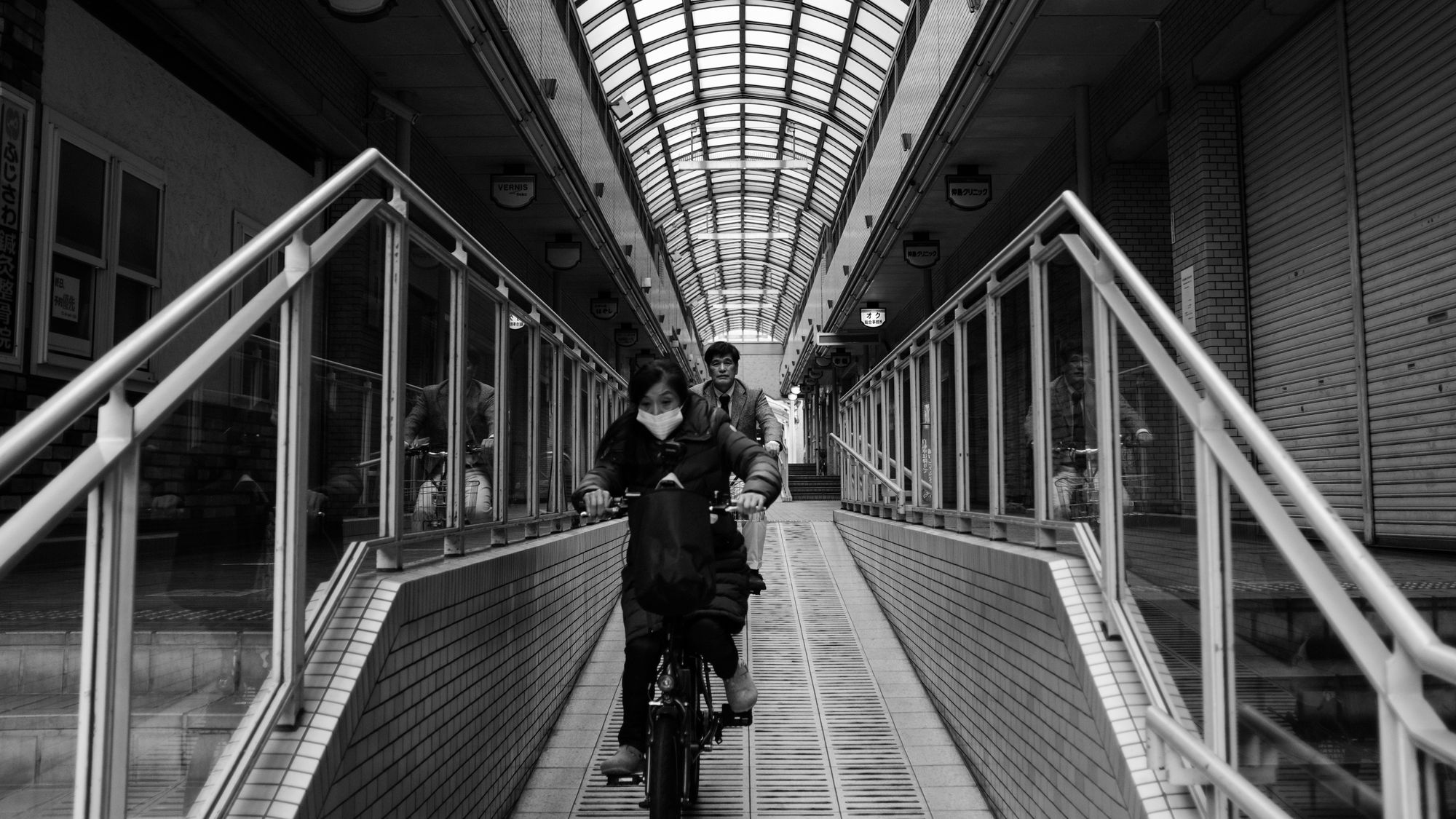
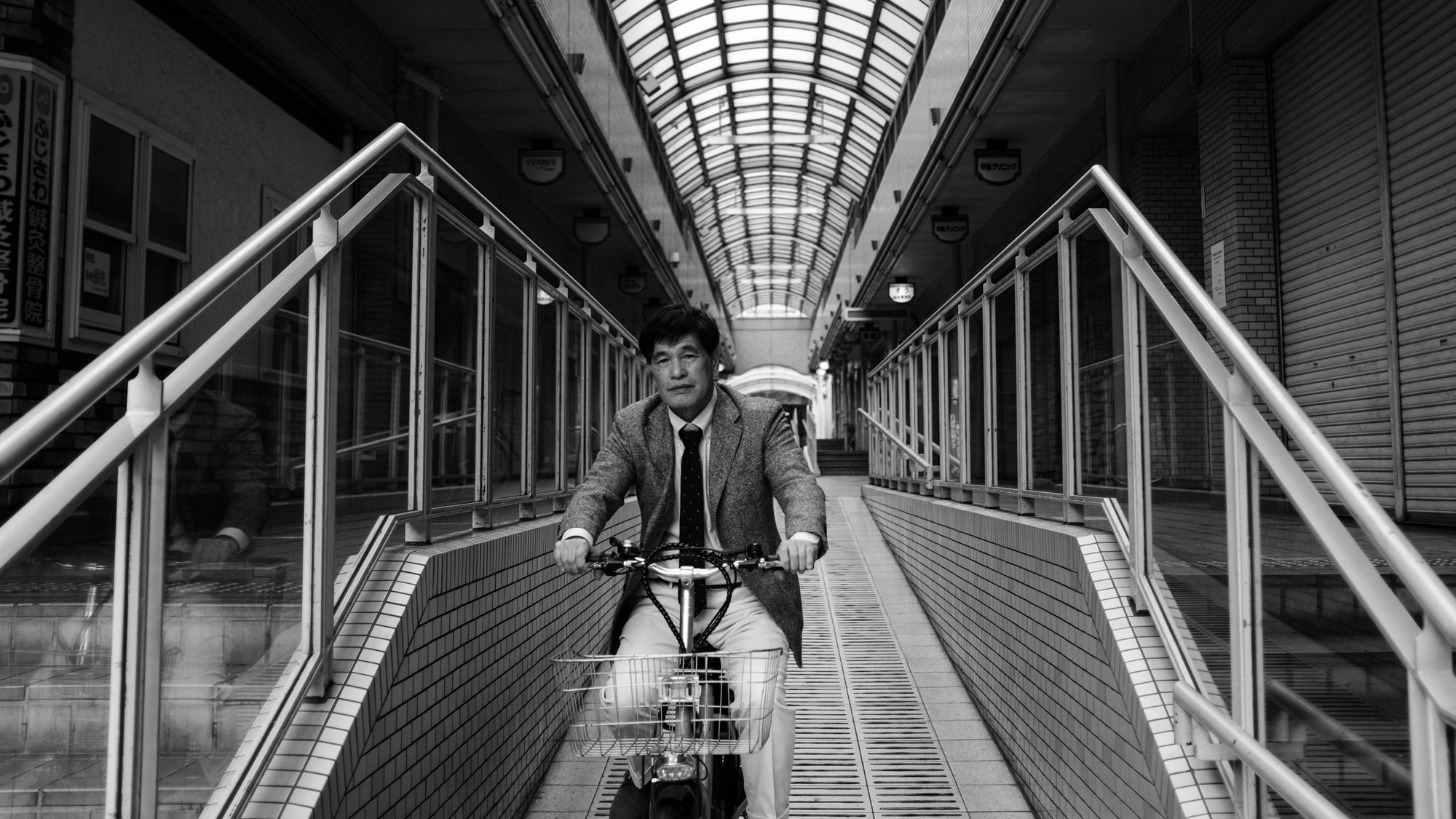
It also means finding a spot that you really like, maybe it's the composition, or the lighting and waiting for the perfect moment, waiting for subjects to walk into your frame. This is very time-consuming, and it only works when you know what you want to achieve, but it can work.

But I'm not here to tell you which way is better or correct or which one should you choose, it’s just food for thought. However, regardless of which method you prefer, you need to be ready and have control over your setting, control over your tools.
My Shooting Process
I shoot mostly in manual mode, let's say it’s 80% of the time, the other 20% is aperture priority mode. No autofocus, back button focus only.
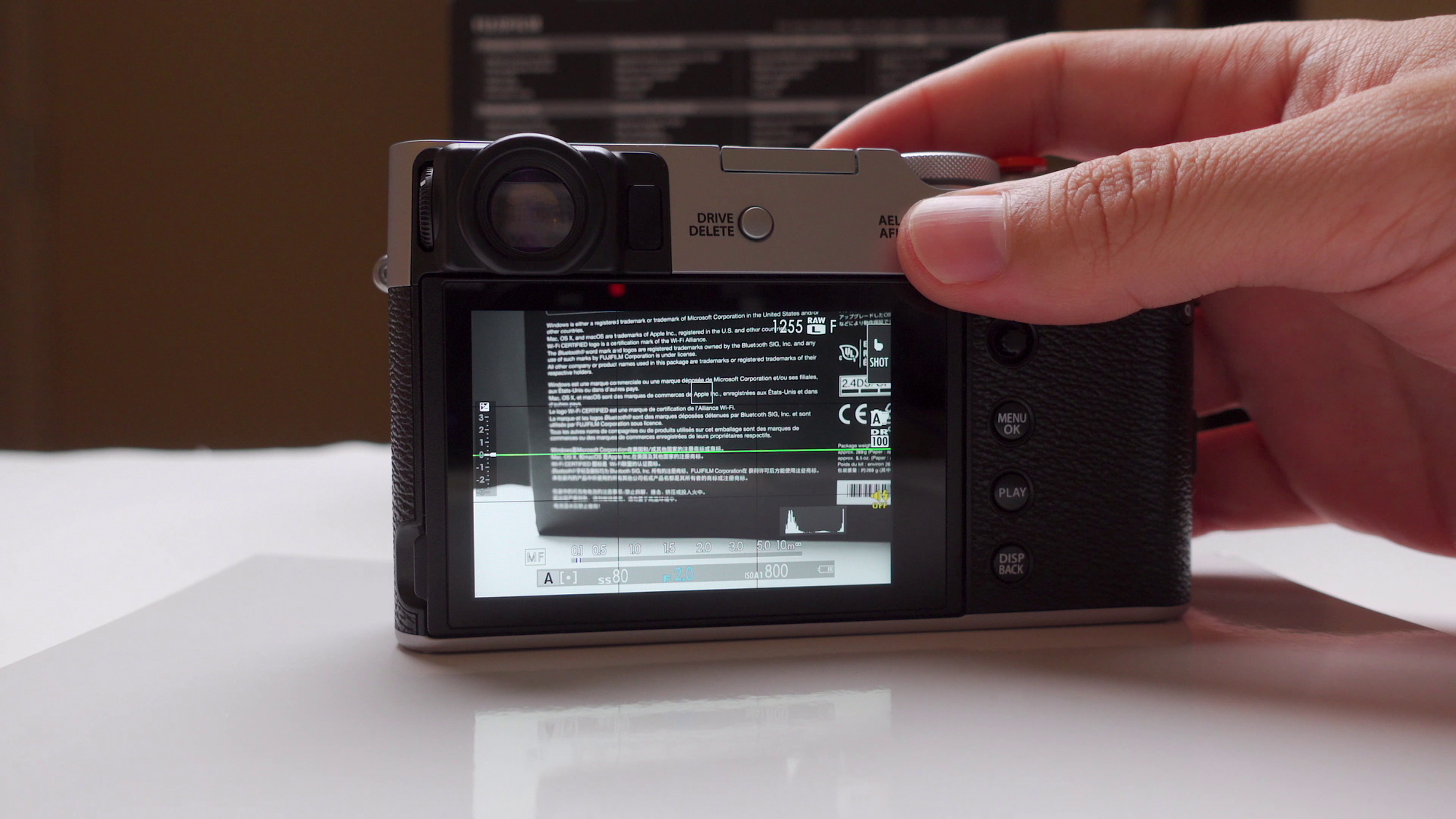
Back button focusing allows you to press a button and focus on a particular spot, and when you press the shutter, the camera does not hunt, does not try to think for you, it just takes the shot, or as many shots as your buffer allows it.
And I can tell you from experience, that after you’ve mastered it, back button focusing can be faster than autofocusing, hoping that the camera focuses on the right spot, in time, and allows you to get that "perfect moment".
Your camera is just a tool, it's not sentient, it does not know what you want to achieve or capture. It’s our job to tell it what to focus on, or what to expose for. Keep that in mind.
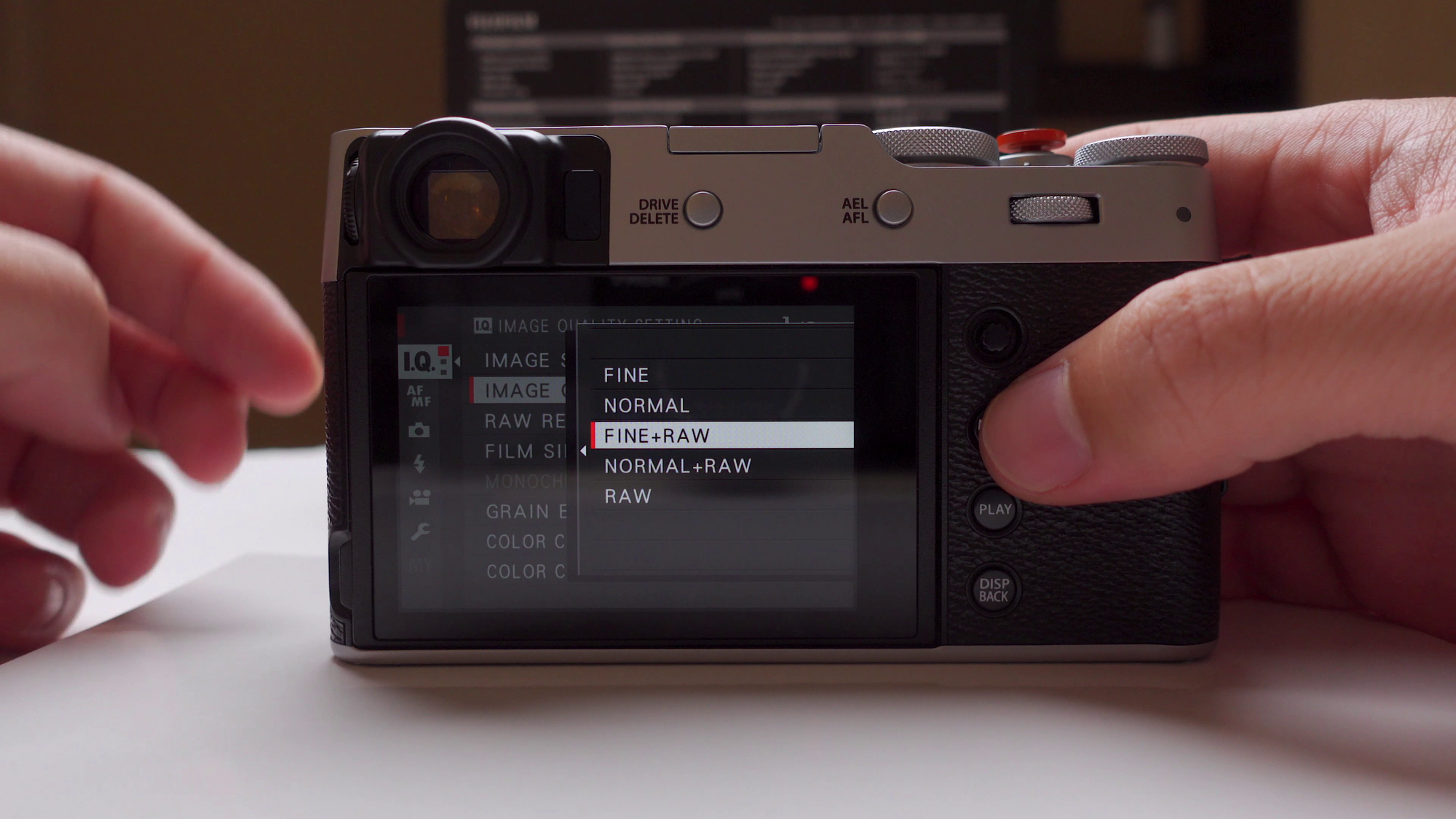
I shoot both Raw + JPEG but I never use the raw files, I always use the JPEGS and I try to get the look that I want as close as possible in camera.
This minimizes the work done in editing, You still have to edit the photos, but significantly less than the raw files. But most importantly it makes you accountable, You should try to get as close as possible in-camera, fixing in a post is not going to cut it.
Shooting in manual mode and using JPEGs only makes you accountable. When you make mistakes, and you can't magically fix them in post, then you will never forget that mistake. It can be a painful way to learn, but once you really understand manual mode, you can do anything you want with the camera.
Make sure you put in the time and effort to learn the technical aspects of the craft, take control of the tools you have available to you. That’s the best way to be able to react accordingly and capture moments in time, like these:
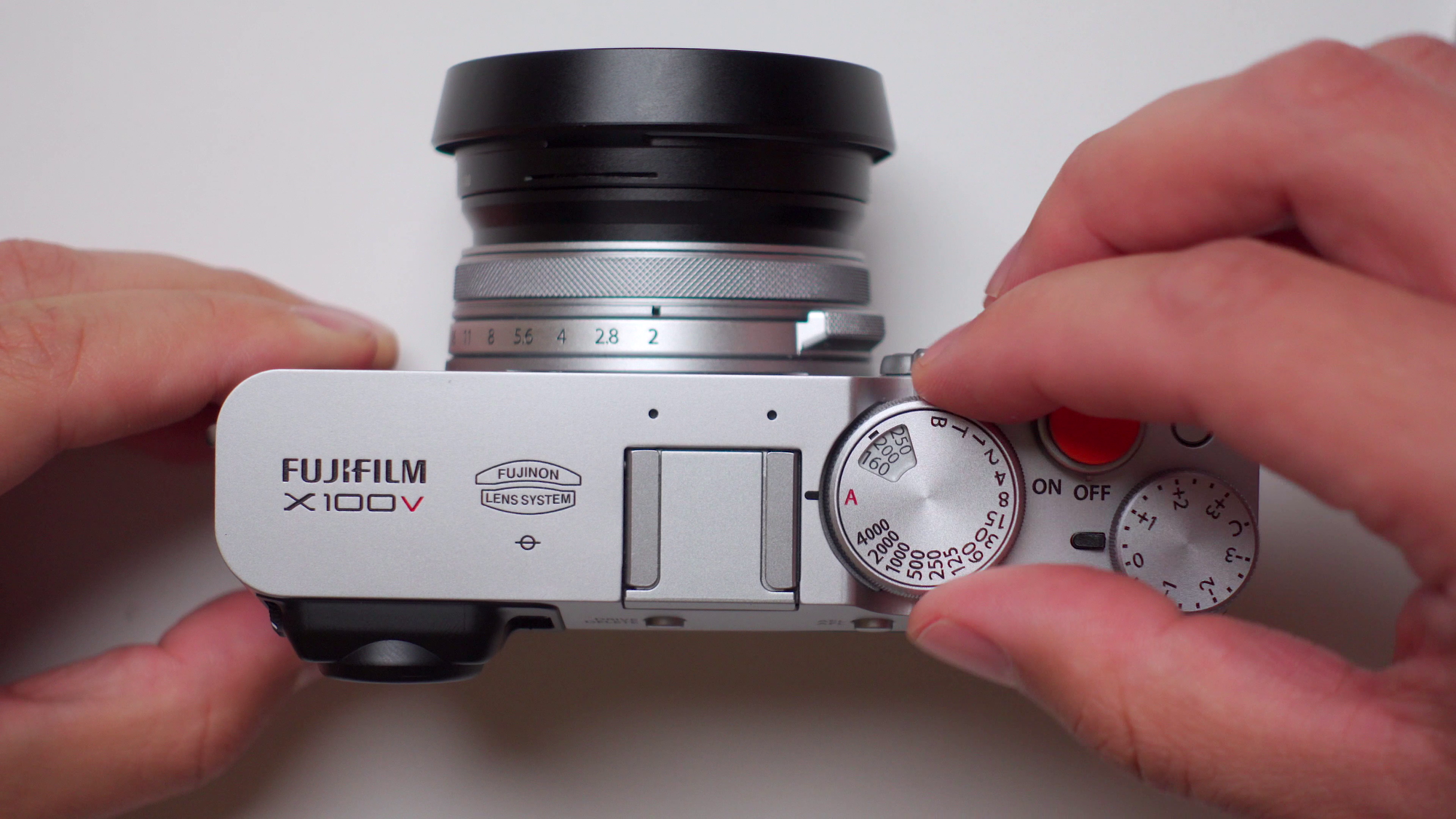
And precisely because of these reasons, I shoot mostly on Fujifilm cameras, I like the manual dials, I like the simple minimalist aspect, I like how small and compact they are, I hate navigating menus, I prefer range finder styles cameras, and these do the trick. But any current, somewhat modern camera will give you great results if you know how to use them.
Street photography requires being spontaneous, an element of surprise. But randomly changing my mind mid-shooting and not having a clear idea of what I want and what I like does not work for me.
I do have goals that I think about before I start shooting. I will shoot black and white all day long, and not switch between film simulations randomly or drag and drop a black and white preset later in post.
I will stick to one focal length for the entire day and not carry a bag full of lenses and just switch randomly as well. It gives you a chance to really focus on what you are trying to achieve and stick to it. This is not math, Always leave room for exploration and be open to experiencing new things, and for moments to happen and present themselves to you,
Whether you're trying a new black and white film stock, or playing with a disposable camera and experimenting, or dedicating yourself to a new focal length or lens you bought not long ago, always ask yourself, what is it that I’m trying to achieve?
My Craft Values
I'm completely against photographers that shove cameras on people's faces and behave as disrespectfully as possible, almost like a game of how far can you take it, how disrespectful can you be before conflict inevitably occurs. There are a lot of people encouraging that sort of behaviour, but it all comes down to your values and preferences.
You see, behaving in a disrespectful way and then washing your hands about it under the pretext that "This is street photography" is the densest thing you can do. It really reflects who you are as a person and what your values are.
I’ve used this example before, but it’s like going on a date, and the person treats the waiters like trash. Or when a person is vindictive towards people they don’t like. It’s clear what their values are, it's only a matter of time before that person treats you like trash, it's only a matter of time before that person redefines you from friend to foe and is vindictive towards you.
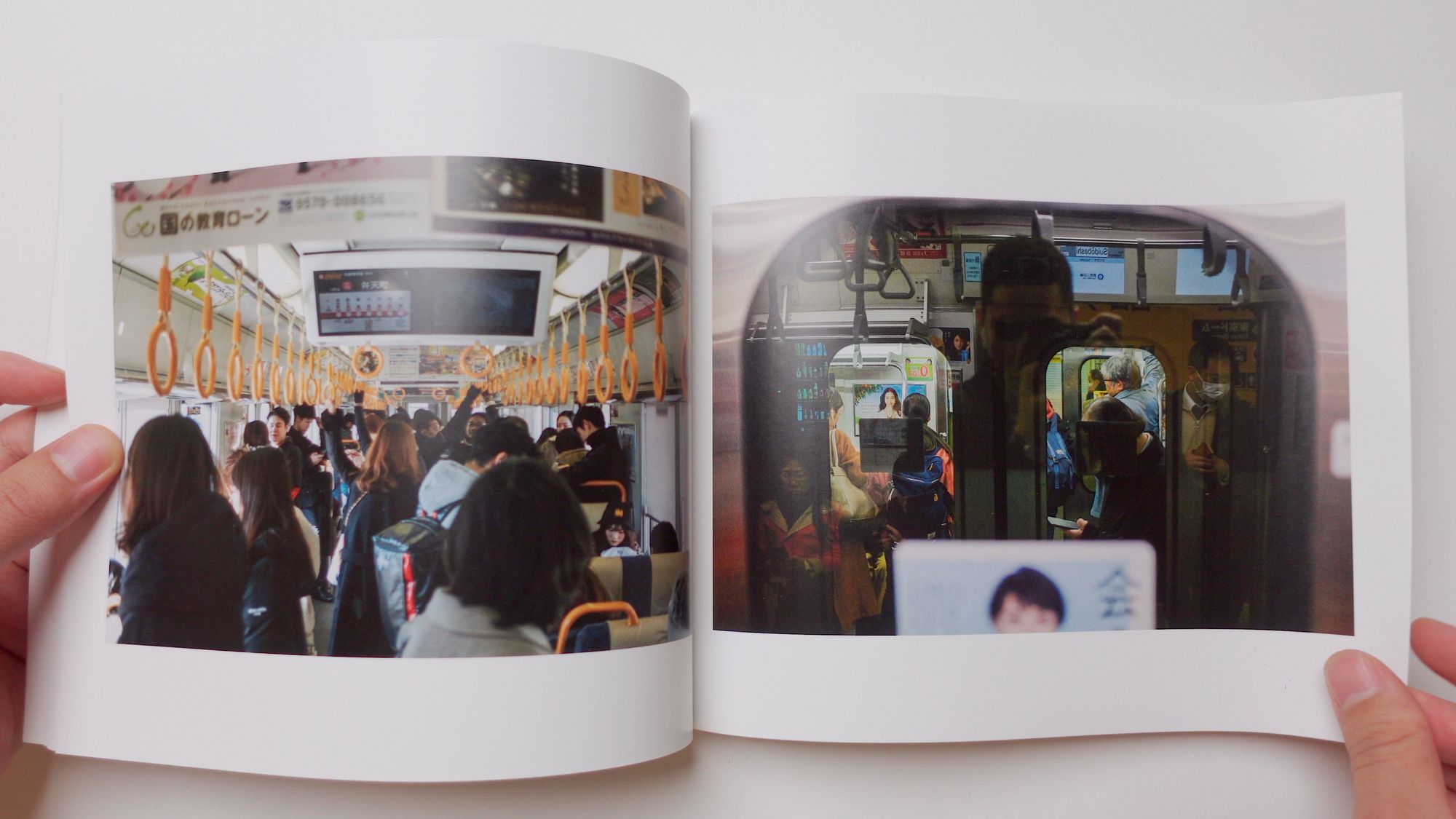
In my everyday carry video, I mentioned that I carry prints and a sample photo book with me every time I go out and about. It helps with potential confrontation when people come up to you and say why did you take my photo? or even ask you to delete it. More info in my Everyday Carry video:
More often than not, when I show them my work, it diffuses the situation. It reassures them that I’m not some sort of psycho or pervert taking photos of them and the conversation changes, sometimes they compliment my work, sometimes they ask me about the places that I’ve been.
It’s not a guaranteed thing, some people will still ask you to delete it, or avoid them, but at least now it’s not an unpleasant confrontation. Where is the legal line? I don't know, but if they still want a photo deleted, I will delete it, it’s not worth having a bad day over it. And the more countries you do this in, and the more cultures you explore, the more forgiving you are about it.
Just remember that everyone, yourself included, deserves respect.
Conclusion
So that’s my street photography philosophy, hopefully, this can help you get started, or perhaps see things from a different perspective. Change is inevitable. As always I'm curious to know what you do think, what is your process? what is your photography or filmmaking philosophy? Share it in the comments down below.
You can watch the full YouTube video, linked below:



